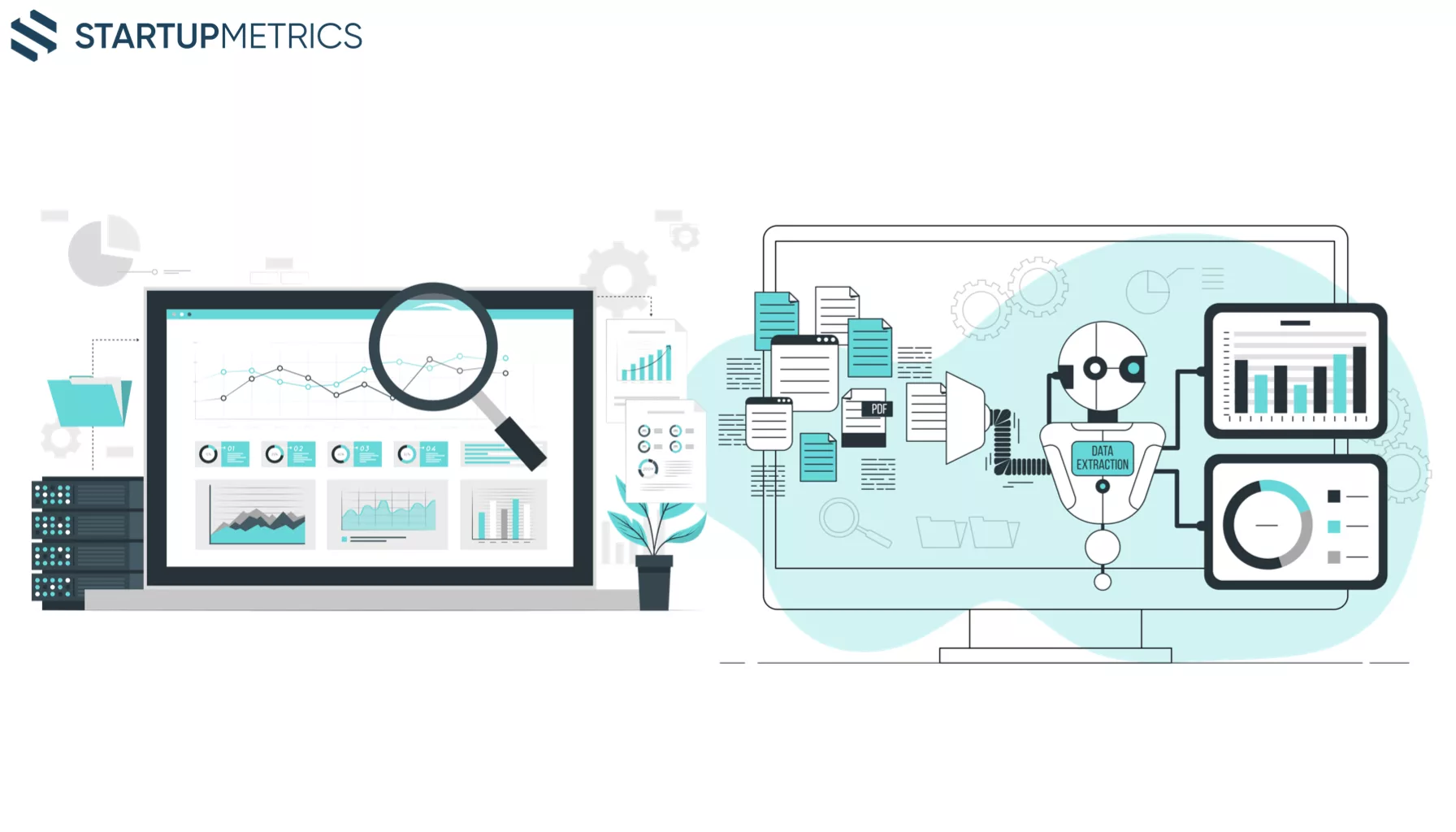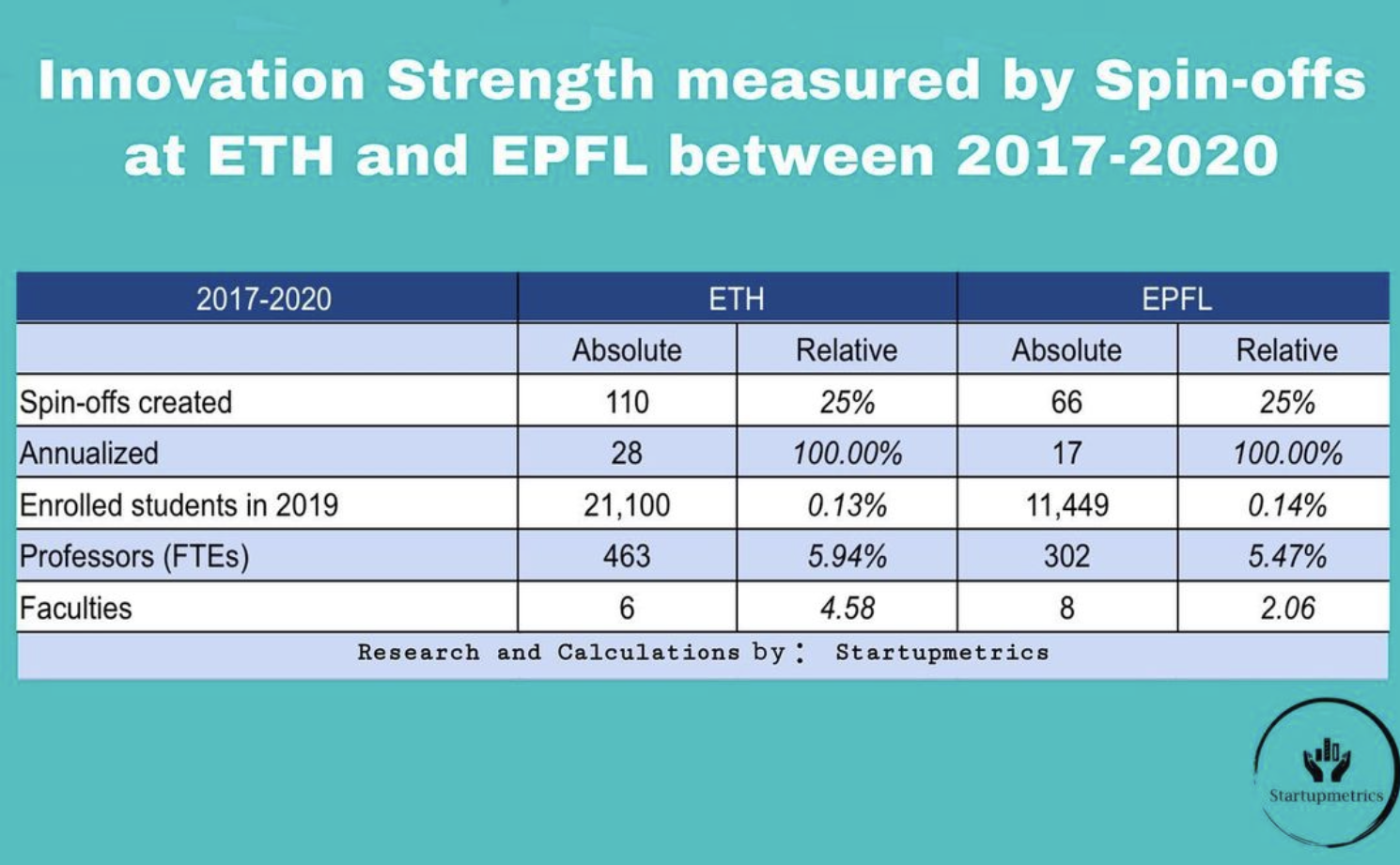Transforming startup finance with generative AI: An In-depth Guide
16.02.2024
In the age of technology, startups that leverage AI in finance don’t just lead; they redefine the industry standards.” This comprehensive guide delves into how generative AI revolutionises startup finance, from core operations like accounting to strategic domains such as risk management and capital planning.
Core financial operations enhanced by AI
Accounting: Precision and efficiency unleashed

Generative AI streamlines accounting by automating:
- Transaction Categorization: AI algorithms classify financial transactions with unprecedented accuracy.
- Invoice Processing: From generation to reconciliation, AI manages invoices, reducing human error and improving efficiency.
- Financial Record Integrity: Continuous AI audits ensure accuracy and compliance, significantly reducing the risk of financial discrepancies.
- Predictive Accounts Receivable Management: AI predicts payment delays, enabling proactive management of receivables.
- Sustainability Reporting: AI aids in compiling comprehensive sustainability reports, essential for modern corporate governance.
Fact: According to a report by PwC, AI is set to automate 45% of repetitive work tasks in finance, including accounting operations.
Financial reporting: Beyond numbers to strategic insights

AI transforms financial reporting by:
- Real-Time Reporting: Generating instant financial statements, AI provides up-to-the-minute insights into a startup’s financial health.
- Customised Stakeholder Reports: AI tailors reports to specific stakeholder requirements, ensuring relevance and clarity.
- Predictive Analytics: Leveraging data, AI predicts future trends, enabling proactive financial decision-making.
- Integrated Performance Reporting: AI synthesises financial and non-financial data, offering a holistic view of company performance.
- Regulatory Reporting Automation: AI navigates complex regulatory landscapes, automating compliance reporting across jurisdictions.
Statistic: A study by Deloitte suggests that AI-driven analytics can enhance business decision-making speed by up to five times.
Advanced financial planning with AI
Budgeting and forecasting: Future-ready financial planning
AI revolutionises budgeting and forecasting by:
- Data-Driven Budget Creation: AI analyses historical data to create more accurate and dynamic budgets.
- Advanced Financial Modeling: Simulating various financial scenarios, AI aids in crafting resilient financial strategies.
- Micro-Budgeting: AI enables granular budgeting at the project or department level, enhancing control and flexibility.
- Real-Time Forecast Adjustments: AI continuously updates forecasts based on real-time data, keeping financial plans agile.
Insight: Gartner predicts that by 2024, AI-enhanced financial forecasting will reduce planning cycle times by 30%.
Investor relations : Crafting compelling narratives
AI enhances investor relations by:
- Automated Investor Communications: Crafting personalised investor updates, AI keeps stakeholders informed and engaged.
- Sentiment Analysis: AI gauges investor sentiment from communications, enabling tailored engagement strategies.
Observation: According to Forbes, companies using AI for investor relations have seen a 50% increase in investor engagement.
Expanding the horizons: New frontiers in finance with AI
Risk management: Mitigating financial risks

AI aids in identifying and mitigating risks by:
- Credit Risk Analysis: Assessing the creditworthiness of clients and partners, AI minimises default risks.
- Market Risk Forecasting: AI predicts market fluctuations, enabling startups to adapt their financial strategies accordingly.
- Geopolitical Risk Analysis: AI evaluates global events’ potential impact on financial operations, aiding in strategic planning.
- Compliance Risk Monitoring: AI continuously scans for changes in compliance requirements, ensuring ongoing adherence to regulations.
Procurement and supply chain finance: Optimising operations

In procurement, AI brings about efficiencies by:
- Automated Vendor Assessment: Evaluating suppliers based on performance and risk, ensuring optimal procurement decisions.
- Dynamic Pricing Analysis: AI analyses market trends to negotiate better prices and terms.
Pitch deck creation: Telling your Startup’s story AI transforms pitch deck creation by:

- Data-Driven Story Crafting: AI compiles key financial metrics and narratives, creating compelling pitch decks that resonate with investors.
- Automated Market Analysis: AI conducts in-depth market analysis, providing valuable insights for pitch decks.
Insight: Startups using AI for pitch deck creation have reported a 30% increase in investor engagement, according to a survey by TechCrunch.
Market assessment: Navigating market dynamics generative AI aids in market assessment through:
- Competitive Landscape Analysis: AI maps out the competitive landscape, identifying opportunities and threats.
- Demand Forecasting: AI predicts market demand for products or services, informing strategic decisions.
Innovative applications: Beyond conventional boundaries
Strategic planning: Crafting long-term visions AI contributes to strategic planning by:
- AI-Driven SWOT Analysis: Leveraging AI to conduct a comprehensive SWOT analysis, identifying strengths, weaknesses, opportunities, and threats.
- Scenario Planning: AI simulates various business scenarios, aiding in developing robust strategic plans.
Strategic capital allocation: Maximising ROI with AI

AI guides capital allocation by:
- Investment Analysis: Evaluating potential investment opportunities, AI aids in making informed decisions that align with strategic goals.
- Funding Strategy Optimization: Analysing past fundraising efforts and market conditions, AI enhances future capital-raising strategies.
For startups, embracing generative AI in finance isn’t just a strategic move; it’s a transformative journey toward operational excellence and strategic innovation. By leveraging AI across diverse financial functions, startups can gain a competitive edge, driving growth and sustainability in the dynamic business landscape.
Sources:






